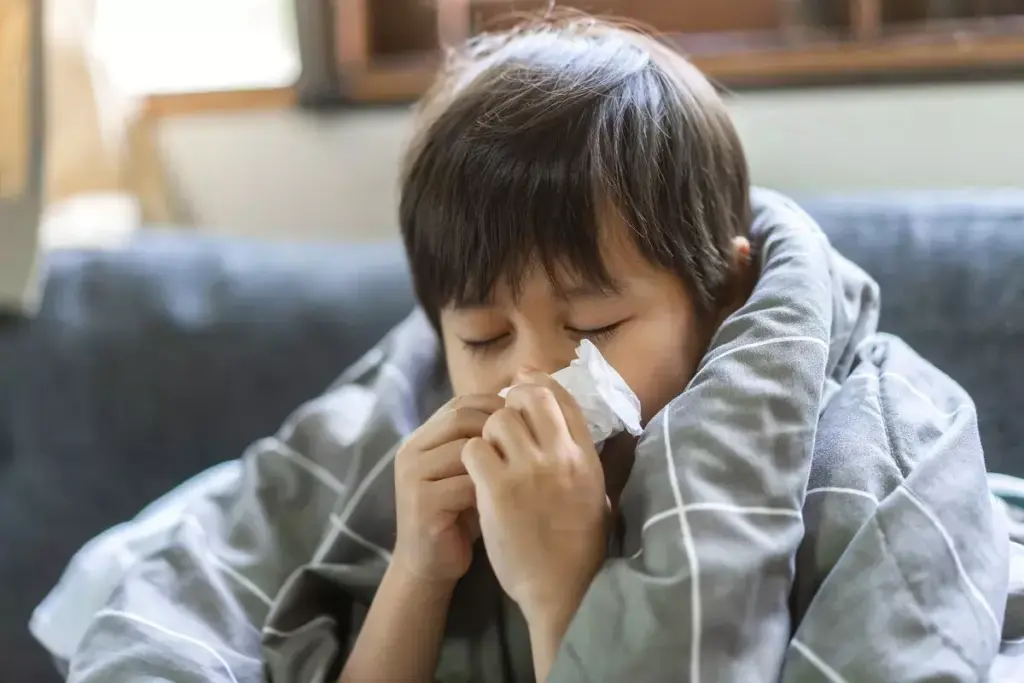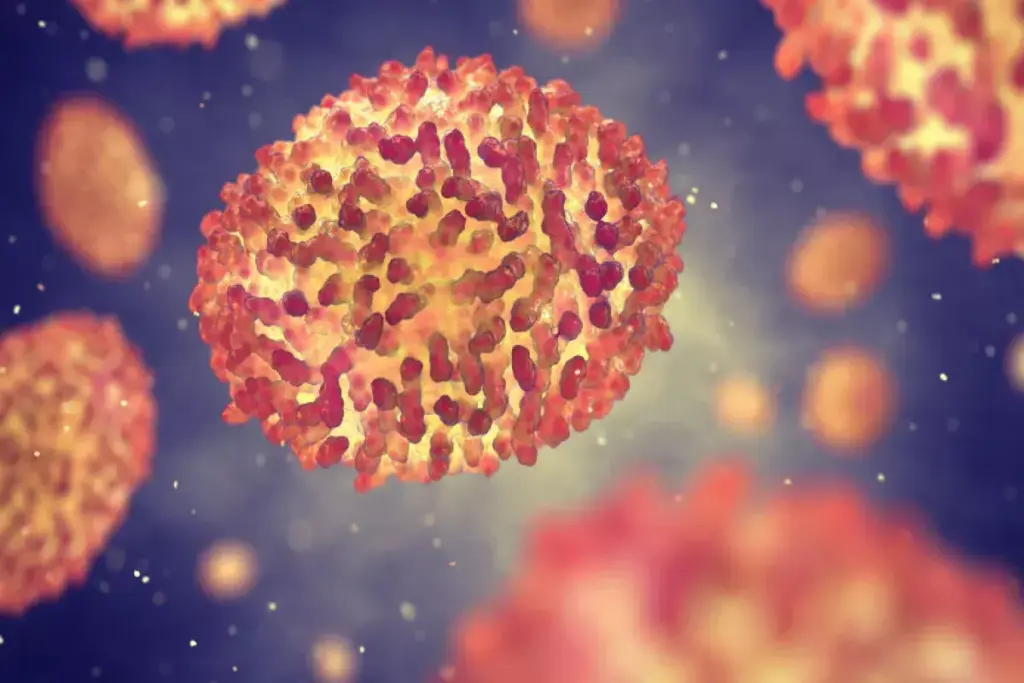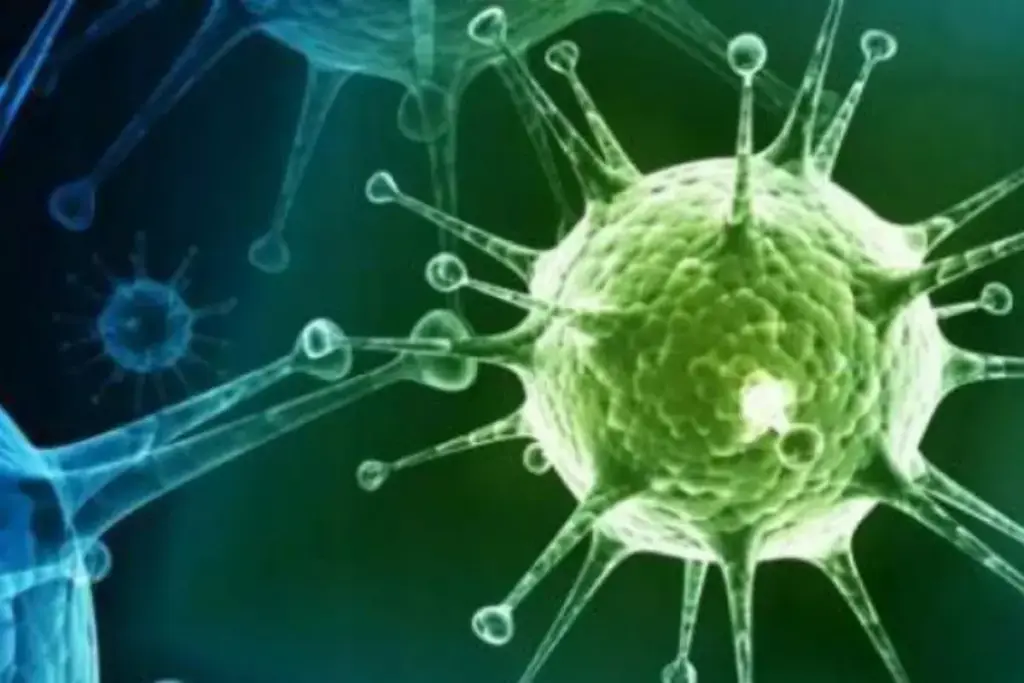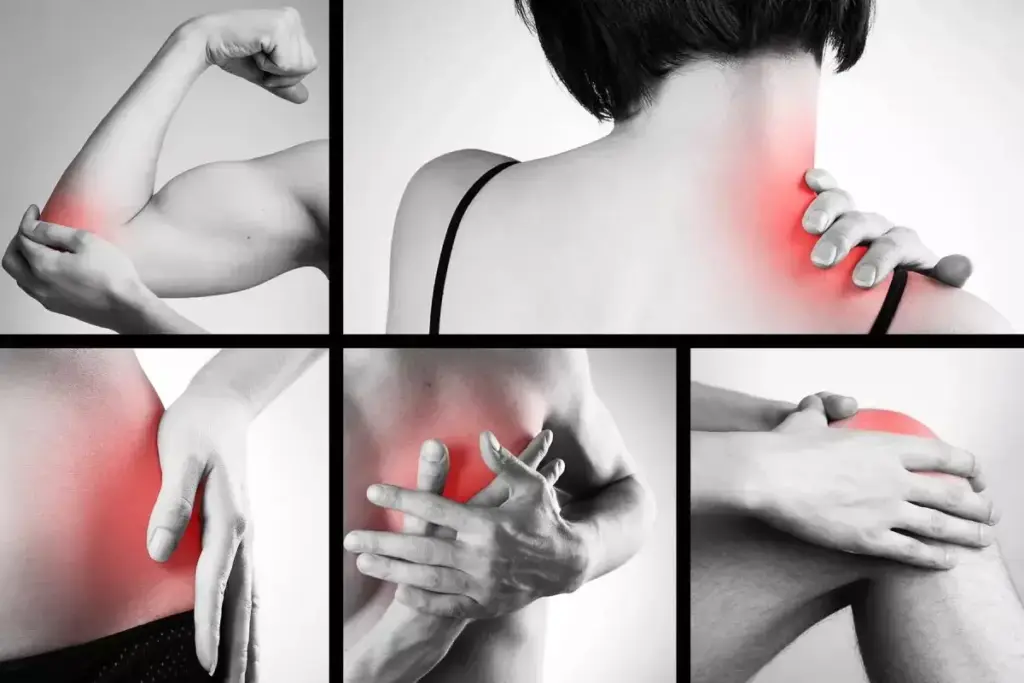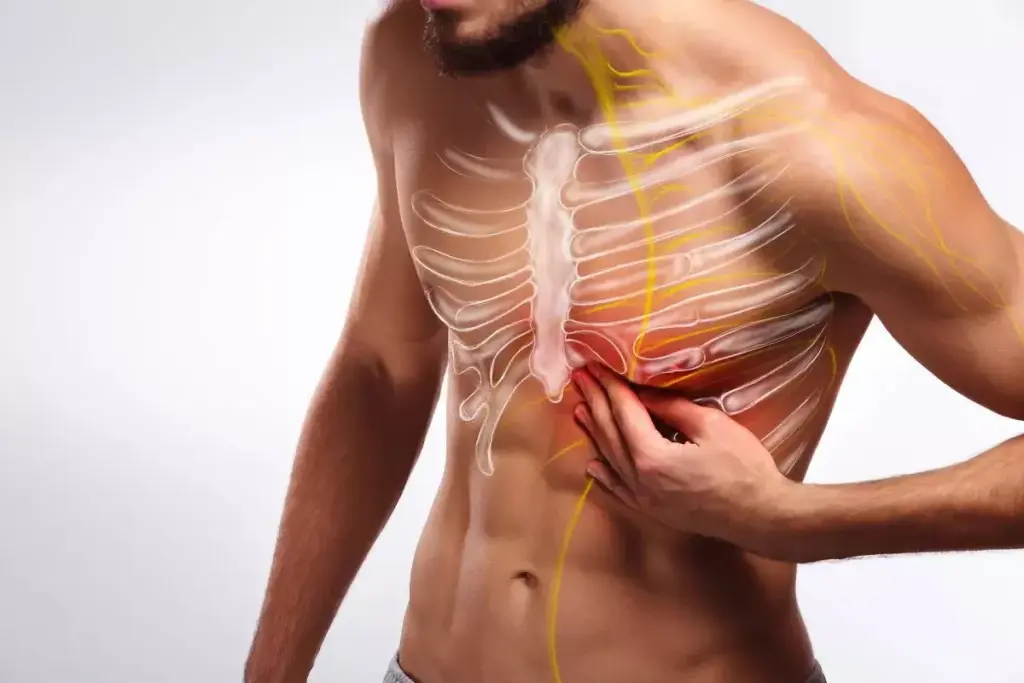Understanding Urticaria and Why Symptoms Matter
Urticaria Symptoms describe a wide range of skin reactions that appear suddenly and often disappear within hours. Many people know them as hives, a condition that causes raised, itchy welts on the skin. smptoms can appear on any part of the body, making daily activities uncomfortable and stressful. They may occur alone or alongside swelling in deeper layers of the skin.
Liv Hospital provides expert evaluation for individuals experiencing symptoms, helping them identify triggers and receive personalized treatment. Because symptoms vary by cause and severity, a detailed medical review is essential for proper management.
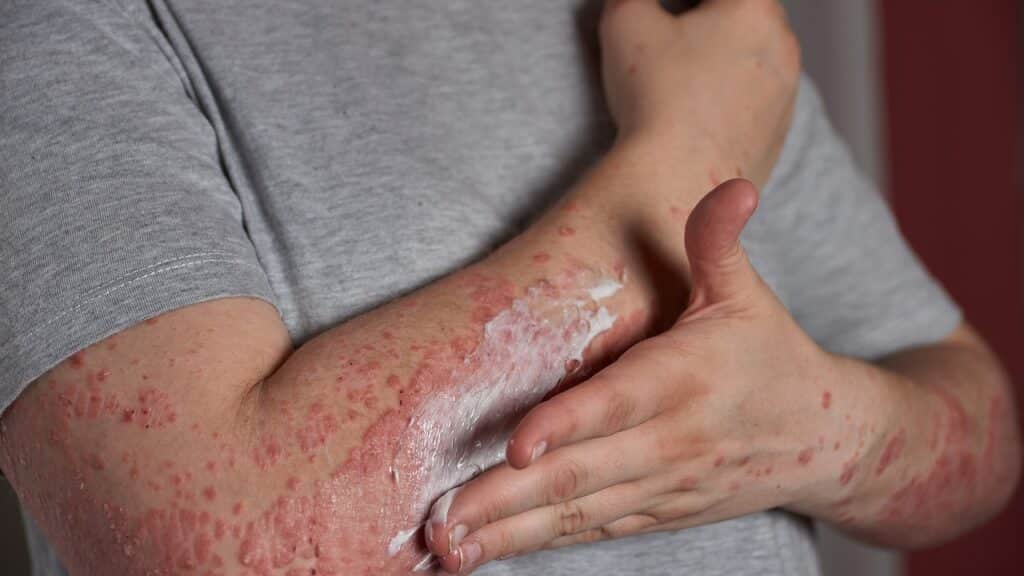
What Triggers Urticaria and Why the Symptoms Flare
Urticaria Symptoms can be triggered by allergens, infections, stress, foods, medications, and environmental factors. Some people experience smptoms after eating nuts, eggs, shellfish, or certain fruits. Others develop symptoms from viral illnesses or skin exposure to heat, cold, pressure, or sunlight.
These diverse triggers make the condition unpredictable. The body releases histamine, causing blood vessels in the skin to leak fluid. This creates the classic symptoms seen as red or skin-colored welts. Identifying specific triggers is one of the most important steps in controlling symptoms and preventing recurrences.
How Urticaria Symptoms Typically Present on the Skin
Urticaria Symptoms often appear as raised welts or patches that vary in size. They may merge into large areas or remain as small, isolated spots. The itching associated with symptoms can become intense and disruptive, especially at night.
Some symptoms last for minutes, while others persist for several hours before fading. New welts may appear as old ones disappear. Patients often describe symptoms as unpredictable because the pattern changes throughout the day.
Acute vs Chronic Forms and How Symptoms Differ
When Urticaria Symptoms last less than six weeks, the condition is considered acute. Acute symptoms are commonly linked to allergies, infections, or medications.
When symptoms persist beyond six weeks, they are classified as chronic. Chronic symptoms may occur daily or several times a week. The cause is not always obvious, making diagnosis more challenging.
Liv Hospital specialists evaluate whether symptoms are acute or chronic to guide effective long term treatment.
When Urticaria Symptoms Include Deep Swelling
Some individuals experience angioedema, a deeper form of swelling that may accompany Urticaria Symptoms. This swelling typically affects the eyelids, lips, hands, feet, and sometimes the throat.
Although angioedema may appear without noticeable welts, it is still related to the same underlying reactions responsible for symptoms. Severe angioedema with breathing difficulties requires immediate medical attention.
The Role of the Immune System in Producing Symptoms
Urticaria Symptoms often stem from immune responses. When the immune system identifies something as a threat, histamine and other chemicals are released, causing symptoms on the skin.
In chronic cases, the immune system may remain active without a known trigger. This ongoing activity leads to repeated symptoms. Liv Hospital uses advanced diagnostic tools to understand immune patterns linked to persistent symptoms.
The Connection Between Stress and Urticaria Symptoms
Stress is a significant factor that worsens Urticaria Symptoms. When the body releases stress hormones, the skin becomes more reactive, leading to more intense symptoms.
Patients often notice flare ups during emotionally challenging periods. Learning stress management techniques can help reduce the frequency of symptoms and improve overall well being.
Urticaria Symptoms in Children and How They Differ
Children often experience Urticaria Symptoms after viral infections or food exposure. Their skin may react more quickly and more dramatically than adults. However, symptoms in children usually resolve faster and may not become chronic.
Parents should monitor any swelling around the lips or breathing difficulty, as these symptoms require immediate care. Liv Hospital pediatric specialists guide families in managing symptoms safely and effectively.
Climate and Environmental Factors That Trigger Symptoms
Weather changes can influence Urticaria Symptoms. Some people develop symptoms when exposed to heat, sweating, cold air, or sunlight. Others notice that symptoms worsen in humid climates or after contact with water.
Environmental triggers are common and require careful observation. Adjusting lifestyle habits or exposure can help reduce symptoms significantly.
Urticaria Symptoms Caused by Food Reactions
Foods such as nuts, shellfish, strawberries, tomatoes, or additives may trigger symptoms. Some individuals experience Urticaria Symptoms immediately after eating, while others react hours later.
A food diary can help uncover patterns. When food related symptoms are suspected, supervised elimination diets may be recommended by specialists at Liv Hospital.
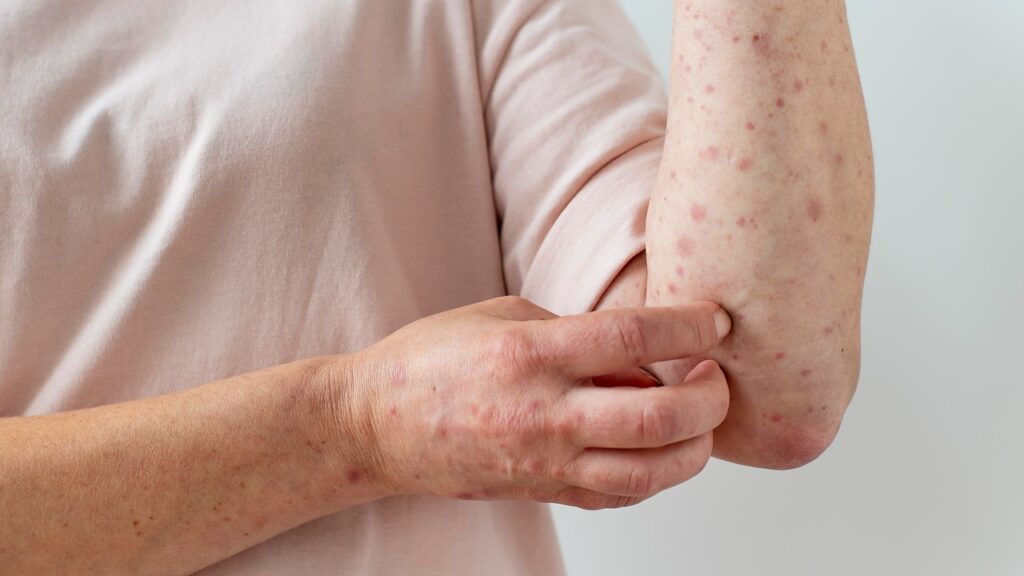
Urticaria Symptoms Following Medication Use
Certain medications can cause Urticaria Symptoms. Antibiotics, anti inflammatory drugs, and pain relievers are among the most common triggers.
Sometimes symptoms appear after the first dose, while in other cases the reaction occurs after repeated exposure. Identifying medication triggers is important to prevent severe allergic reactions in the future.
How Infections Can Trigger Urticaria Symptoms
Viral and bacterial infections often cause temporary Urticaria Symptoms. Children especially experience symptoms during common colds and flu.
Though not an allergy, the immune response from infection can release chemicals that cause symptoms. These typically resolve once the underlying infection improves.
When Urticaria Symptoms Signal More Serious Conditions
In rare cases, Urticaria Symptoms may indicate an underlying autoimmune condition or thyroid disorder. If symptoms persist for months or appear with unexplained swelling or fever, further evaluation is needed.
Liv Hospital conducts comprehensive testing to rule out systemic illnesses contributing to persistent symptoms.
Treatment Options to Manage Urticaria Symptoms
Managing Urticaria Symptoms involves identifying triggers and using medications that reduce histamine activity. Antihistamines are the first line of treatment for most symptoms.
For chronic cases, additional medications may be needed to control the immune response. Treatment plans at Liv Hospital often combine medication, lifestyle adjustments, and trigger identification to reduce symptoms effectively.
Long Term Management Strategies for Urticaria Symptoms
People with chronic Urticaria Symptoms often require ongoing management. Keeping a symptom diary, reducing stress, avoiding known triggers, and following treatment plans all help decrease symptoms.
Patients who understand their condition are better able to prevent flare ups and maintain comfort.
Living with Urticaria Symptoms and Maintaining Quality of Life
Although Urticaria Symptoms can be frustrating, many patients manage them successfully with proper medical guidance. Understanding the patterns, triggers, and responses that cause symptoms makes daily life easier.
Liv Hospital provides holistic support that addresses both physical and emotional aspects of dealing with symptoms.
FAQ
What are the most common symptoms of urticaria?
Raised, itchy welts that appear suddenly and may move around the body.
What usually triggers urticaria symptoms?
Food, medications, infections, stress, heat, cold, sunlight, and pressure on the skin.
How long do symptoms typically last?
Individual welts may last minutes to hours, though new ones can appear throughout the day.
What is the difference between acute and chronic urticaria?
Acute lasts less than six weeks, while chronic continues for more than six weeks.
What is angioedema and how is it related?
It is deeper swelling of the skin that can accompany hives, often affecting the lips, eyelids, or hands.
Can stress make symptoms worse?
Yes, stress can intensify flare ups by increasing skin sensitivity.
Do urticaria symptoms present differently in children?
Children often react faster and more dramatically, usually after infections or foods.
Can food cause urticaria symptoms?
Yes, foods like nuts, shellfish, strawberries, and additives commonly trigger reactions.
When should someone seek urgent medical care?
If urticaria occurs with breathing difficulty, throat swelling, or severe angioedema.
How are symptoms treated?
With antihistamines, trigger avoidance, lifestyle adjustments, and additional medications if chronic.



